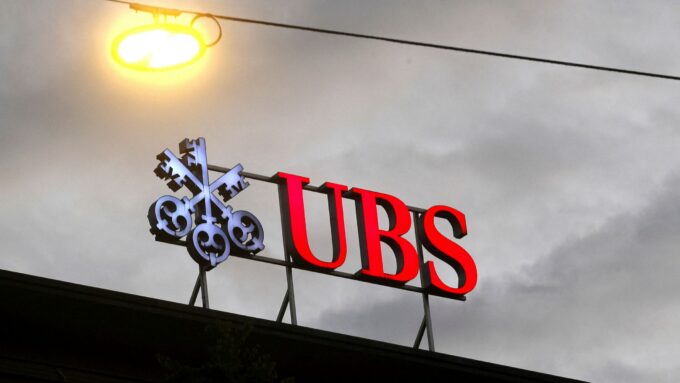One of the most troubling features of this deal is that the acquisition of Credit Suisse will not pass by UBS’ shareholders for approval. To get this through, the Swiss authorities have to change Swiss law. This is a blatant attack on good corporate governance – and on the meaning of ownership.
Considering the reaction in the press, it looks as if institutional shareholders and people on the street agree. If you are a UBS shareholder and you oppose the deal, it will be a bitter pill to swallow. If you are a UBS shareholder and you support the deal, your rights have still been ignored. Wherever you are on the spectrum, you have good reasons to feel aggrieved.
Changing the law to bypass shareholders hardly constitutes good corporate governance and sets a dangerous precedent.
Second, some bonds, called contingent convertible or CoCo bonds, were completely wiped out, and yet Credit Suisse shares were not (indeed, UBS will pay some CHF 3bn+ for the equity of the company). It is extraordinary that the Swiss regulators considered holders of Credit Suisse CoCo bonds as lower priority than Credit Suisse shareholders. Simply put: in bankruptcy, debtors (i.e., bondholders and debtholders) normally get priority, and shareholders must make do with what is left. There were conditions under which these bonds could be written down, instead of being converted to shares, but the priority rule has still been ignored.
The decision to wipe CHF 17bn of debt from the Credit Suisse balance sheet had the clear objective of sweetening the deal for UBS but failed to respect the claims or reasonable expectations of bondholders.

Audio available






